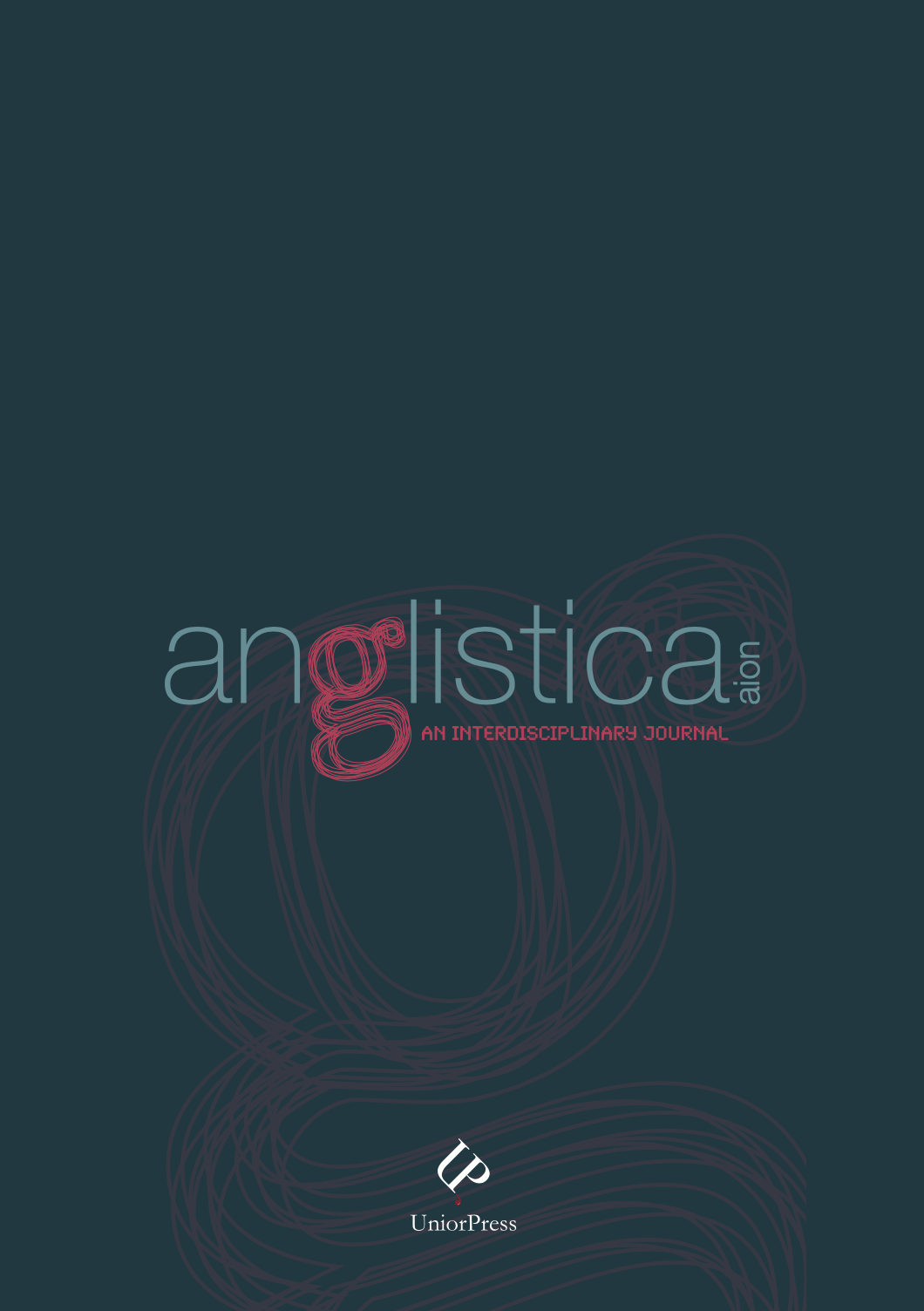Aesthetic Conventions and Pragmalinguistic Devices in Computer-mediated Communication
Q&A Websites as a Case Study
Abstract
The aim of this article is to investigate the aesthetics of informal text-based Computer-mediated communication (CMC) such as the Q&A websites (e.g.: Stack Exchange, GitHub, Quora, Yahoo! Answers, etc.) conceived of as a distinctive medium of communication based on cosmopolitan brand communities that share the same field of expertise and a common interest in a particular topic. Since these Q&A websites have gradually become one of the major sources of information today, surpassing corporate websites in terms of influence on purchasing decisions, the scope here is to detect whether their success is also due to a set of powerful pragmalinguistic devices, which may reveal that clear questions can make people more willing to help.Furthermore, these assumptions will also help to outline new and different insights into the role of context in Q&A websites, thus providing evidence for the existence of possible relationships between the reputation of community members, the specialised domain, and the uniqueness of the temporal-historical dimension in on-line interactions. By interacting in digital communities and in on-line forums or social networks, users can ask questions and receive feedback regarding specific topics, opinions, and experiences, thus generating debates, the exchanging of ideas and the raising of emotions. More specifically, by adopting sentiment analysis for recognizing the positive/negative semantic orientation of texts and their emotional style, we will attempt to demonstrate that the aesthetics of such informal texts written by using English as a Lingua Franca (ELF) is influenced by how we express, understand, and are affected by the shaping of subjectivity; how we associate emotions and opinions with certain linguistic aspects, such as specific words or syntactic patterns; and how we can classify linguistic expressions according to the type of opinion that they convey.


